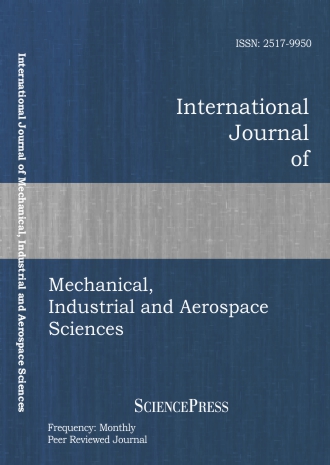
Scholarly
Volume:11, Issue: 3, 2017 Page No: 672 - 676
International Journal of Mechanical, Industrial and Aerospace Sciences
ISSN: 2517-9950
452 Downloads
Optimal Energy Management System for Electrical Vehicles to Further Extend the Range
This research targets at alleviating the problem of range anxiety associated with the battery electric vehicles (BEVs) by considering mechanical and control aspects of the powertrain. In this way, all the energy consuming components and their effect on reducing the range of the BEV and battery life index are identified. On the other hand, an appropriate control strategy is designed to guarantee the performance of the BEV and the extended electric range which is evaluated by an extensive simulation procedure and a real-world driving schedule.
Keywords:
References:
[1] G. Van Wylen, “Fundamentals of Classical Thermodynamics”, Wiley, 2002.